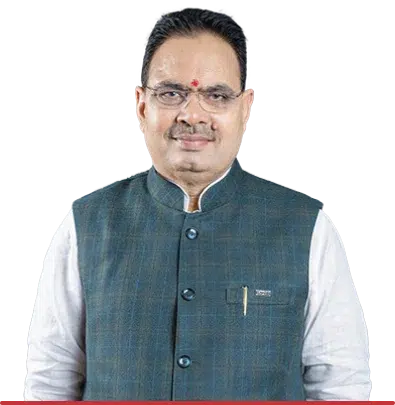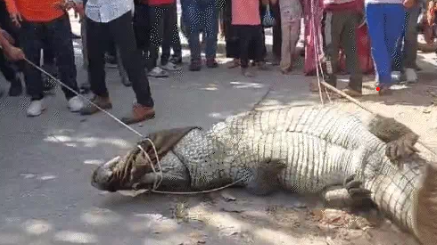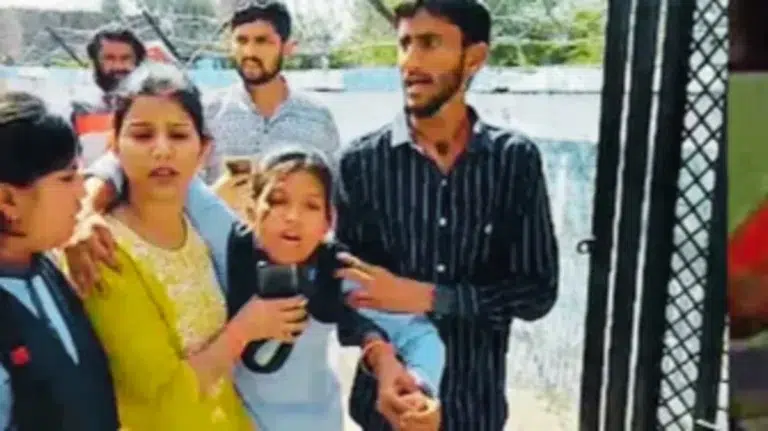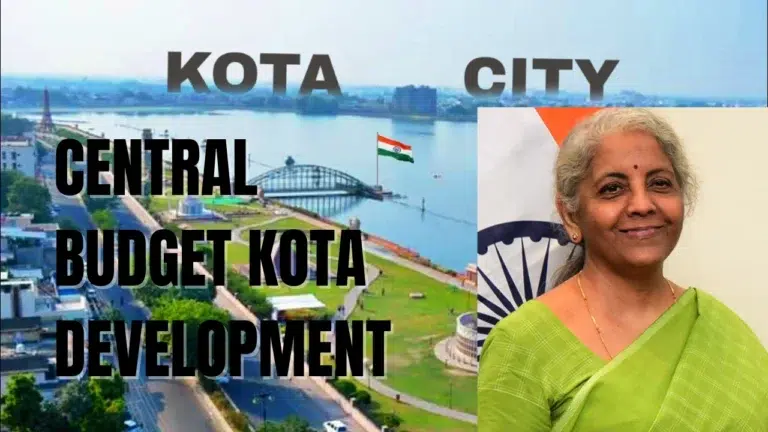While making a precise attack on the historical association of the Congress party with Dr. B.R. Ambedkar, Rajasthan Chief Minister Bhajanlal Sharma has made a punishing allegation, comparing what he describes as BJP commitment towards Ambedkar with what he called a long-old indifference of Congress, as far as the architect of India’s Constitution is concerned.
Ambedkar’s Legacy and Political Recognition
Addressing a slew of events paying tribute to the legacy of Ambedkar, CM Sharma stated that while the BJP had palpably striven to attain Ambedkar’s vision, the Congress, on the other hand, had merely invoked Ambedkar for political gains without doing justice to his ideals. Sharma’s remarks come at a time when political rhetoric surrounding Ambedkar’s legacy gets sharper, with elections looming and political parties keen to associate themselves with the image of the widely revered leader.
Sharma indicated various measures by the BJP government aiming to honor the great leader, both at the state and at the center. He is referring to the setting up of the Ambedkar Centre in Delhi, celebration of his birth anniversary at national level, and of course the saving of reservation policies, which he claims are direct reminders of Ambedkar’s principle of uplifters for the downtrodden. “BJP carries forward Dr. Ambedkar’s vision of ‘Antyodaya’ – last person, last life – such is the welfare of society,” he said during a press conference here in Jaipur, emphasizing all the pro-poor initiatives of the party.
Congress’ Alleged Neglect
In what I think can broadly be viewed as an indictment of Congress’s systematic neglect of Ambedkar through the decades, Sharma cited instances where Congress leaders, including former Prime Ministers, had allegedly resisted or failed to adequately appreciate Ambedkar’s contribution. For example, as Sharma noted, Congress was in power for decades but conferred the Bharat Ratna on Ambedkar only in 1990, when the coalition government led by Atal Bihari Vajpayee did so. “Congress did not build a single memorial for Baba Saheb; they should have some shame,” Sharma lamented, while also blaming the opposition for having acted displacing towards Ambedkar.
Sharma stated that the Congress parties distorting the remarks of Union Home Minister Amit Shah on Ambedkar made recently in Parliament, reaffirming the party’s historical record of distorting facts for political purposes. The charge followed a scuffle in Parliament between BJP and Congress MPs over pressing Congress for an apology from Amit Shah in respect to his comments that they deemed disrespectful to Ambedkar.
Public and Political Reaction
The statements made by Sharma have certainly given rise to some reactions, both in Rajasthan and elsewhere across India. While BJP supporters and some scholars on various social media platforms praised Sharma for recognizing and promoting Ambedkar’s principles, others criticized him; especially from Congress parties, who argue that Sharma’s high-hailing is political rhetoric to draw votes from the Dalit community that he had ascribed to Ambedkar. They counter-claim that Congress has always had respect for Ambedkar and point to all the many references made by Congress leaders about work and party history support for policies aimed at social justice.
It goes down to the ground, and there is even much more than all these actions at civil society level and Ambedkarite movements who differ. Some see from BJP that this is how they come forward with actions meant for social inclusion, but others feel this as political opportunism, for the time at which the comments are happening – election times.
Looking Forward – CM Bhajanlal Sharma
The discourse on Ambedkar’s legacy, as articulated by CM Bhajanlal Sharma, is not just historical recognition but future policy direction in India. Sharma sets up a binary: BJP as the protector of Ambedkar’s ideals versus Congress as the neglectful custodian. This framing of the narrative has the potential to tilt voter preferences in the upcoming elections, especially among communities that feel a strong affinity to Ambedkar’s principles.
The movement ahead of Rajasthan shall forever make the debate about who actually embodies the Ambedkar vision a fundamental part of that political discourse. Comments from Sharma have revived the tests political parties come under to qualify the constitutional values from an incoming transmission into today’s governance, with each enforced to prove its commitment not in mere words but in real actions.
In short, CM Bhajanlal Sharma’s examples of his statements relate to a bigger battle over Ambedkar’s legacy, which is very much alive in both the moralistic sense and the political contestation within Indian democracy. What becomes clear is that there will be a continuation of the debate over Ambedkar’s vision in Rajasthan and beyond without certainty of whether it will benefit the BJP electorally or lead to more scrutiny of this emerging mobilization theme.




